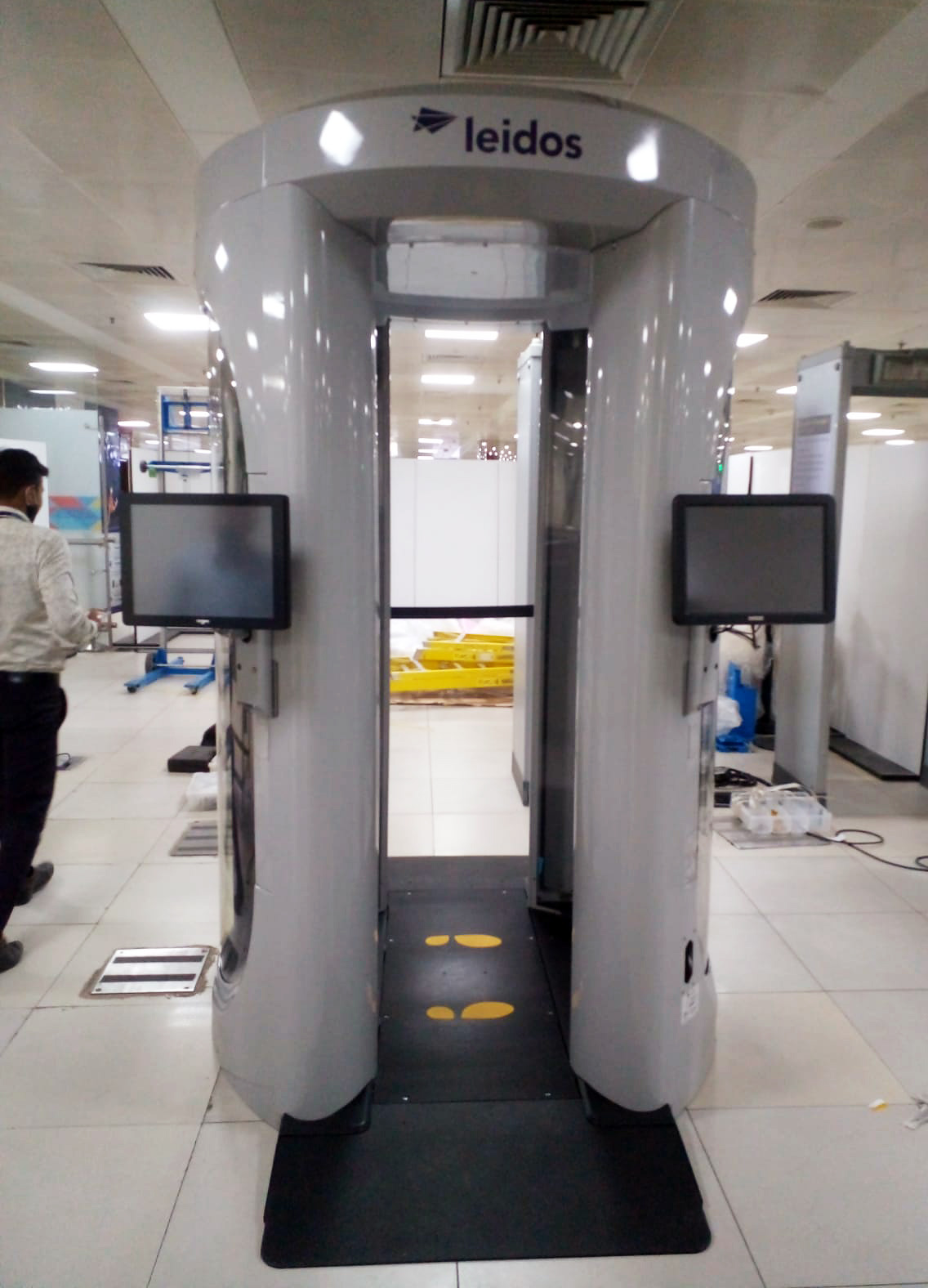NEW DELHI: The full body scanner trial that began at the Delhi International Airport in June this year has given unsatisfactory results. The security agencies handling security at the airport have raised multiple concerns over the system not being
Sources both within the security establishment and officials at the Delhi Airport confirmed to The Sunday Guardian that the lone body scanner machine that was roped in for trial at Delhi airport’s Terminal 2 is currently not being used and is lying idle inside the terminal building. A source in the security establishment of the Delhi airport told The Sunday Guardian, “The body scanner trial has not been much of a success so far. There were several issues that emerged during the trial phase; the machine was throwing up several black spots when a person was passing through the body scanner and in such a case, the machine was not meeting the purpose for which it had been brought into service. Therefore, the body scanner machine is not being used anymore.”
Sources within Delhi Airport and its security establishment have said that the report on the trial of the body scanner has been submitted to the Bureau of Civil Aviation Security (BCAS) and to the Ministry of Civil Aviation who would take a further call on what the next steps would be.
A full body scanner is a device that detects objects without making physical contact. Unlike metal detectors, full-body scanners can detect non-metal objects, which are hard to detect with the conventional door frame metal detector (DFMD), such as narcotics, plastic explosives, and prohibited or illegal objects made of substances like rubber that cannot be detected by metal detectors. The scanners detect the size, shape, and location of objects concealed in body cavities or organs as well.
These full body scanners incorporate advanced technology and are meant to replace physical frisking at the airports where passengers can move from the check-in lounge to the Security Hold Area (SHA) of the airport without having to spend long time in queue. Full body scanners use millimetre wave technology to detect both metallic and non-metallic objects. Millimetre waves easily pass through common clothing materials and reflect off any concealed objects. An imaging system uses the reflected wavefronts to construct a three-dimensional image on a monitor, revealing the size, shape, and orientation of the concealed object.
In 2019, BCAS and the Ministry of Civil Aviation mandated that 84 airports which are categorised as hyper sensitive and sensitive airports must install full body scanners as part of the enhanced security protocols measures in these airports. However, BCAS had to push the 2019 deadline to March 2022 keeping in mind the Covid-19 pandemic outbreak across the globe.
Despite the extension in the deadline, it was only Delhi Airport that roped in a full body scanner in June 2022 to start the trial phase. The trial of the full body scanner was carried out for a period of 60 days and during the initial days of the trial, problems with regards to the detection and imaging started to crop up, following which the use of body scanners was stopped. The full body scanner used in the trial phase was procured by the Delhi airport from Leidos, an American defence, aviation and information technology company. The cost of a full body scanner ranges somewhere between Rs 4-7 crore and the high cost of the machine has been one of the impediments of the airport operators across the country for the delay in procuring these machines.
Full body scanner trial stopped at Delhi airport
इस शब्द का अर्थ जानिये
- Advertisement -

